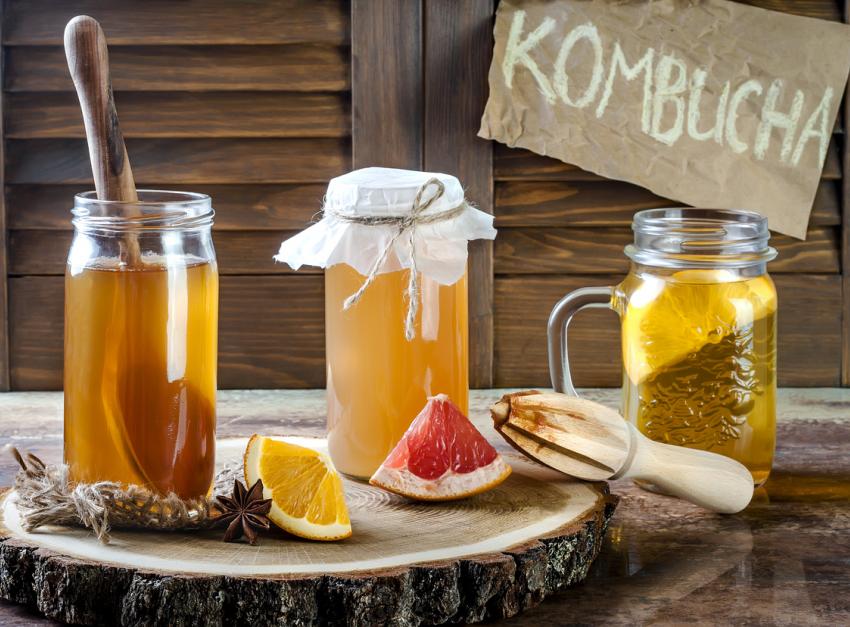
- Ali
So you’ve heard that you should be eating fermented foods to boost your gut or stop you getting bloated. But you’re now wondering where to begin! I hear you. When I first started eating fermented foods I added far to many and far too quickly and the results weren’t quite what I hoped for!
Here’s my super quick quide to fermented foods. For a more in depth dive into your own gut health book a FREE 30 minute call with me and we can explore what’s going on in your gut and how you can support it’s healing.
Fermented foods have been around for thousands of years. Historically, fermentation was used to preserve food, but it’s now gaining popularity due to it’s major health benefits like improving digestion and boosting mood. Yogurt, beer, wine, cider and yeast breads are all examples of fermented foods that you’re probably very familiar with. Other fermented foods you may not be so sure about include kefir, kombucha, and miso.
But what exactly is fermentation, and why are fermented foods so great?
Firstly let’s look at fermentation?
Fermentation is the process of breaking down organic substances - such as vegetables, fruits, grains, fish, meat, and dairy products - by introducing yeast or beneficial bacteria.
There are at least 5 types of fermentation but the 3 main ones you need to know about are:
Lactic acid fermentation
- This relies on yeasts and bacteria to convert starches and sugars into lactic acid. It’s used to make fermented foods such as sauerkraut, kombucha, kimchi, and Sourdough bread. Fermented foods produced using lactic acid fermentation contain live microorganisms, though as with all these things, some contain more than others.
Ethyl alcohol fermentation
- This type of fermentation uses yeast to break down starches and sugars. It’s mainly used to make wine, and beer. It does not produce live microorganisms (probiotics).
Acetic acid fermentation
- With this type of fermentation, vinegar, also known as acetic acid, is used to make fermented foods.
Depending on the method used, the process of fermentation encourages the growth and proliferation of bacteria, called probiotics. Probiotics are the "good" bacteria that help your body digest food and promote a healthy gut microbiome.
Benfits of fermeted foods
Many of the health benefits attributed to fermented foods are due in large part to their probiotic content so we want to be looking at increasing fermented foods that create probiotics, rather than those that don’t. Probiotic-rich foods are a great way to help repopulate the gut and improve the balance of beneficial species in your microbiome.
To be sure you are buying fermented foods that contain probiotics, look for the phrases "naturally fermented" on the package label and choose artisan foods that are made in small batches and as local to you as possible.
I use a range of different sources with my clients. Look for organic yoghurt, sauerkraut, kombucha, kefir, miso, microalgae such as spirulina and chlorella (often found in superfood supplements), tempeh and kimchi. Having gained popularity over the last few years you can often find these at local farmers markets or health shops. Try to incorporate a small amount of at least one type of fermented food each day to boost your gut health. Start with one teaspoon and build up to a tablespoon daily.
For more help and support with any gut health issues you are experiencing get in touch to book a consultation. Gut health is an area I study daily and one that I think is important to our overall health not just our mental or physical health.
More gut related blogs
How to choose a green superfood








